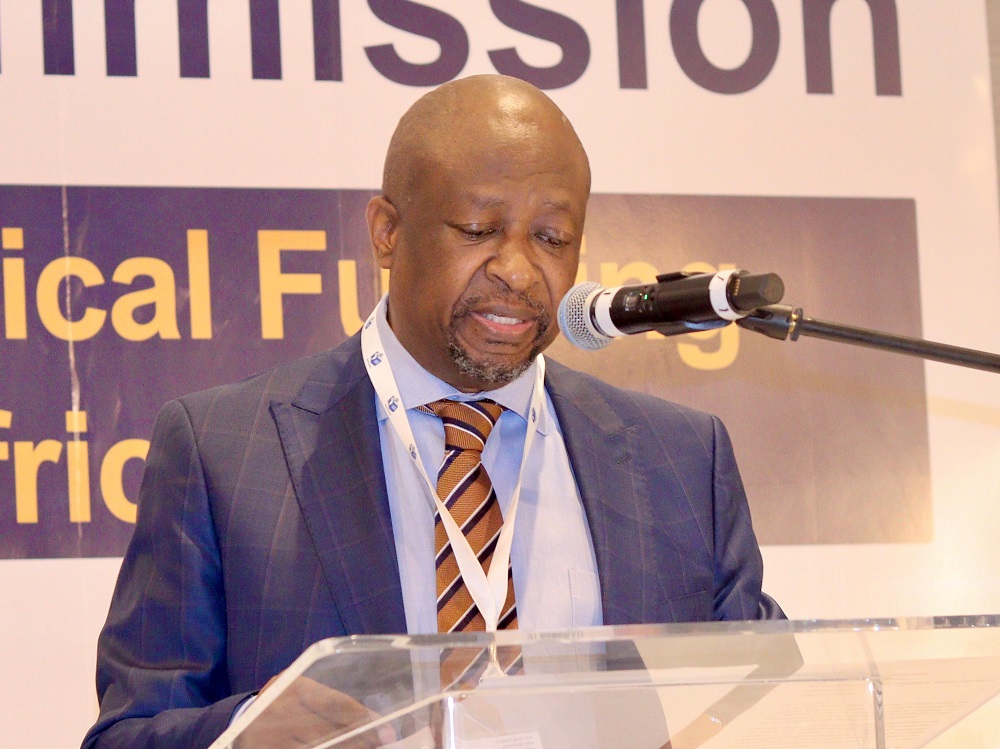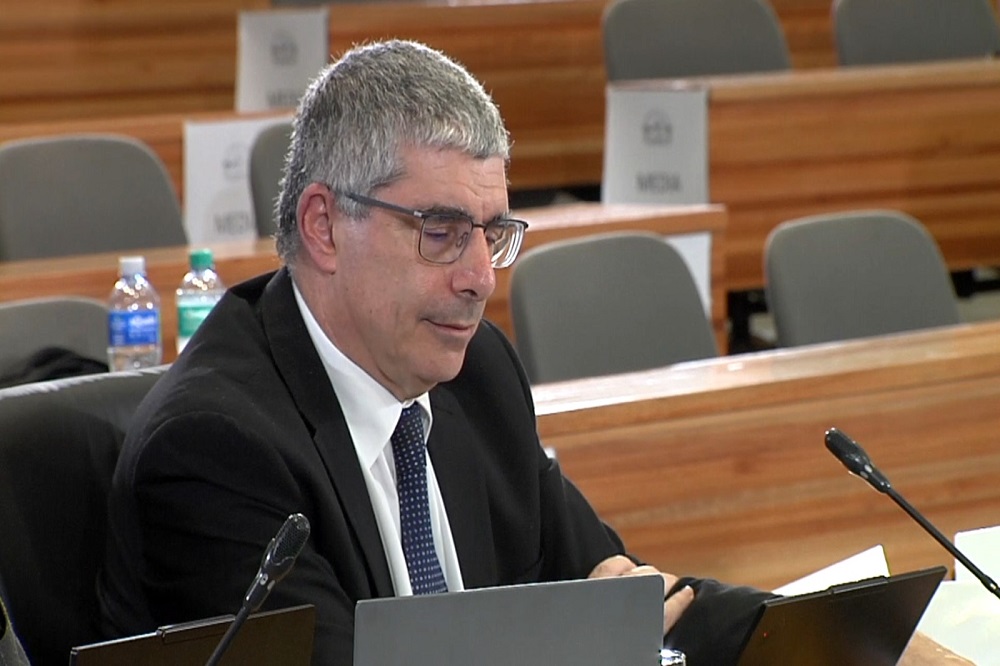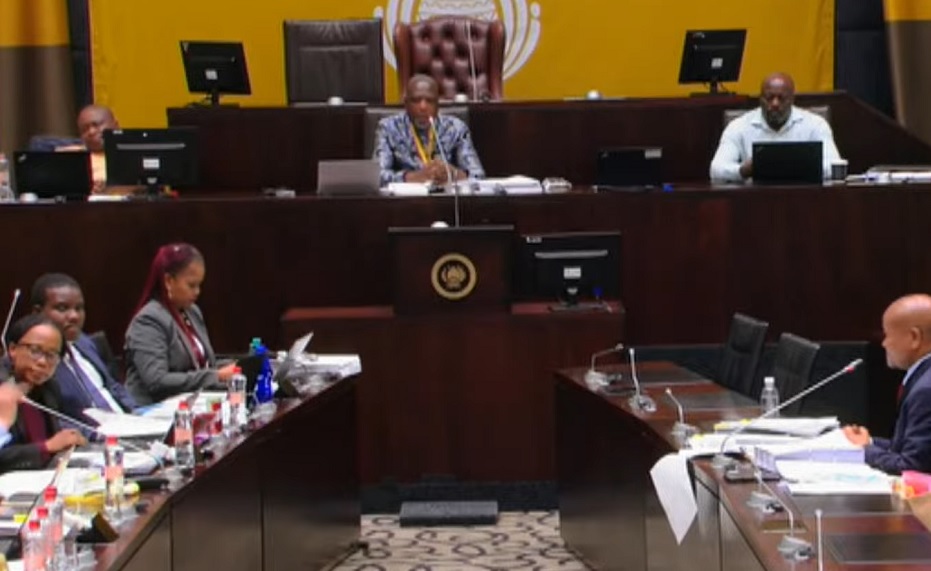-
IEC CEO Sy Mamabolo
The Electoral Commission of South Africa (IEC) will on Tuesday present its report on the 2024 general elections to Parliament’s Home Affairs Portfolio Committee.
The report highlights several achievements, including the successful integration of independent candidates into national and provincial elections.
The IEC also lauds the achievement of the largest ever voters’ roll at 27.5 million registered voters, widespread use of its online registration platform, and measures that prevented double voting. However, it acknowledges challenges, including issues with its information systems and voter management devices, long queues, disinformation and misinformation, as well as litigation.
Parly to receive IEC report on 2024 general elections on Tuesday:
In its report, the IEC says it successfully managed the smooth transition required by the new electoral system, which allowed independent candidates to contest general elections for the first time. This involved rewriting several ICT business applications, including the Candidate Nomination System and the Results System, among others.
With 70 political parties contesting alongside 11 independent candidates, the level of competition was unprecedented. In this environment, the IEC faced numerous court challenges both before and after the elections, including intra-party disputes, candidate nominations, and challenges to electoral legislation.
The IEC has detailed the problems it faced, amongst them difficulties with its information systems – one incident dramatically saw a blackout of the results leaderboard, and Voter Management Devices let the IEC down at various voting stations on election day, resulting in long queues.
IEC CEO Sy Mamabolo says, “It could also be factors related to bandwidth and traffic, so there is a whole range of possibilities that may affect the performance of the technology of the VMD.”
It says that while effort was spent in creating awareness of Section 24A, which required registered voters to give notice if they were voting outside of their voting district, evidence on the ground showed much more needed to be done. Other challenges the report details are the cyberattacks and social media harassment targeted at IEC staff.
The IEC reports that orchestrated misinformation and disinformation campaigns aimed at undermining public confidence in the institution intensified in 2024, with nearly 300 cases recorded compared to 99 in 2019.
On election observation, almost 200 organisations were accredited as observers, with some submitting reports that offered positive feedback on the Results Operations Centres and related technological innovations. However, observers also flagged concerns, including delays in legislative amendments that affected voter education, confusion among some voters over the third ballot, and cases of voters whose names did not appear on the voters’ roll.











